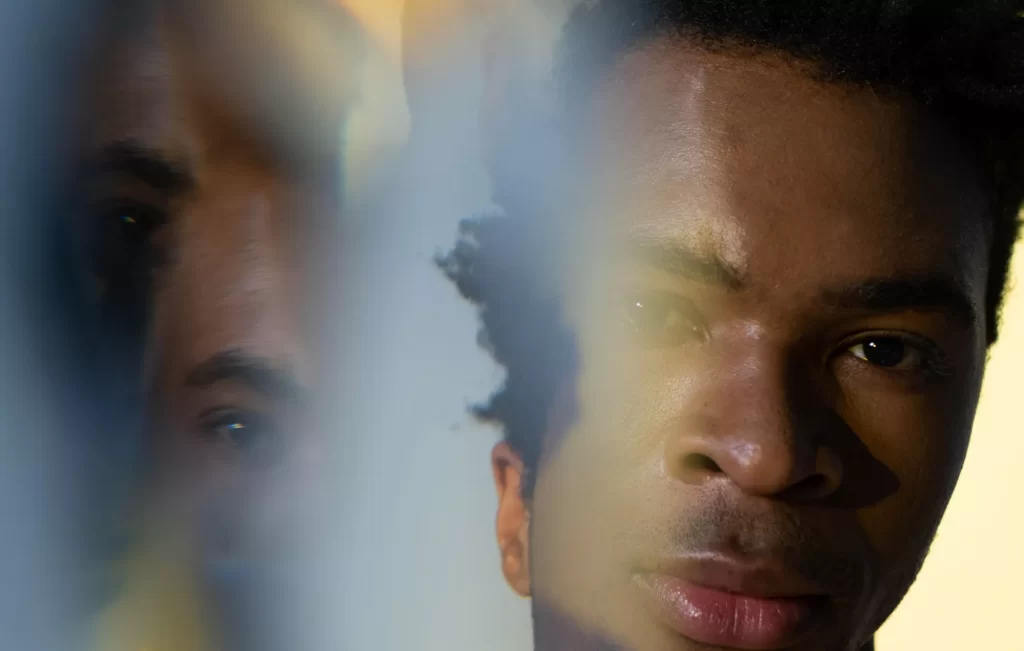This is an interesting article on the role that psilocybin may play in depression and PTSD. Here at Klarisana is always kind of humorous when a Facebook Troll makes a very negative comment about ketamine and then goes on a rant about how either cannabis, psilocybin, or MDMA (ecstasy) is the cure for everything. First of all, our Medical Director Dr. Bonnett has been active in pushing for new medical cannabis laws in Texas and has worked closely with Texas NORML and the Marijuana Policy Project. He has also testified before the Texas legislature in favor of medical cannabis. This makes it especially humorous when a “Cannabis Ranger” posts vitriolic statements on our Facebook page.
How can psychedelic drugs be used for health?
The larger question that this psilocybin article raises is “what role does the psychedelic experience have in the treatment of mental health conditions?” The premise that psychedelic experiences can actually be therapeutic is a very powerful and disruptive concept. Since the introduction of Prozac in 1987, the dominant paradigm for the treatment of mental health follows a very simple formula.
A drug gets developed, it is packaged as a pill, a lot of money goes into marketing the idea that this pill will make you feel better, and then the pharmaceutical company makes a tremendous profit. Any kind of experiential or psychedelic experience is labeled a “side effect” and something that needs to be eliminated. The Medical Establishment and the Pharmaceutical Industry are very opposed to the idea that an alteration in one’s consciousness can actually be therapeutic. From the standpoint of the drug companies, this is a very dangerous concept as it would totally disrupt the paradigm of how they make money from medications.
Is ketamine a psychedelic?
When one looks at #ketamine for instance, many people have come to realize that ketamine can be a real game-changer for the treatment of mental illness. When you look at the fact that ketamine can break the cycle of treatment-resistant depression in over 70% of patients it is clear that this could be a real disruptive technology for mental health treatment. Drug companies and university researchers who are on the payroll of drug companies are desperately trying to figure out how to create a drug that does all the great things that ketamine can do but without the psychedelic side effects.
In our experience of taking care of well over 300 patients and interviewing them after their infusions, we believe that the experiential/psychedelic effects are FAR from being a side effect…they are a vital part of the treatment. This is probably a big part of what is happening with psilocybin, cannabis, and MDMA as well. Our goal at Klarisana is not to be a “ketamine clinic.” It is to be a healthcare organization that offers evidence-based yet cutting-edge therapies that really push the envelope and can bring relief to patients who have failed traditional therapies.
For those who angrily dismiss ketamine and advocate that cannabis, psilocybin, or MDMA are the answer to everything please keep in mind two things. First, those medications are currently DEA Schedule 1. We are not allowed to offer them in our clinic. You can try to obtain them illegally but we feel that any of these medications should be taken in a controlled clinical context. Secondly, the reality is that there is no one medication that will treat all conditions. Every patient is different. Someday it may very well be the case that there is a blended model of using ketamine and MDMA and/or psilocybin etc. along with counseling, diet, exercise, etc. to treat a given patient’s condition. To think otherwise is like a mechanic saying that the only tool she needs is a Crescent wrench. Crescent wrenches are awesome but there are times a mechanic needs a hammer, a screwdriver, a socket wrench, etc. None of this diminishes the value of the Crescent wrench it just highlights the fact that fixing an engine requires multiple tools.
When it comes to mental health and chronic pain, some of these tools are medications but many are not. We have always advocated for the importance of exercise, healthy eating, avoidance of processed foods and toxins, seeing a therapist, and having a firm foundation in the spiritual dimension of one’s life. All of these elements play a role. We have made ketamine our initial focus because of what it represents and who the specific target population is that we are trying to reach. Klarisana goes after the sickest of the sick. We are trying to intercede in the lives of those people for whom suicide is rapidly emerging as a viable option. In this regard, ketamine is like a huge fire extinguisher that can really derail a catastrophe. Once the crisis is averted then a dynamic pan can be created using a multimodal strategy in order to help the patient rebuild his or her life.
If you would like to learn more about what we are offering at Klarisana and what our treatment philosophy is, please use our contact form to contact us today and discover what a future without addiction could look like for you. We have ketamine treatment centers in Austin and San Antonio.




